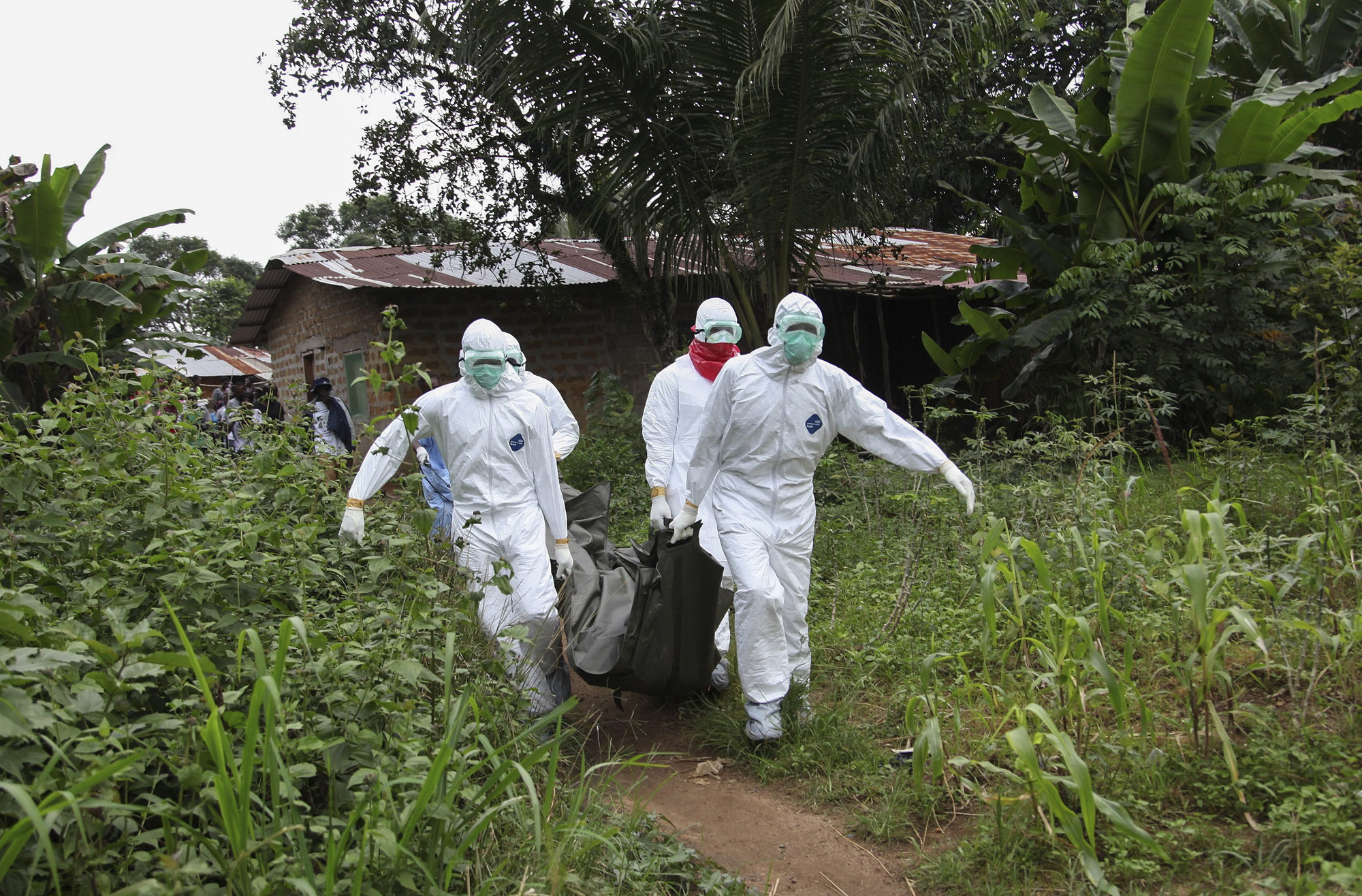
More than 1,000 people have been killed by Ebola in West Africa, according to the latest data from the World Health Organization. Some 1,069 of the 1,975 people infected with the disease have died, with 128 new cases and 56 deaths between August 10 and 11 alone.
Sierra Leone is home to the majority of the Ebola cases, at 783, while Guinea has the highest number of deaths, at 337. The outbreak is so far contained to those two countries as well as nearby Nigeria.
The WHO additionally reports that about 94-98% of people who have been in contact with Ebola patients in West Africa have been tracked down in a process called “contact tracing.” The process is important because if those contacts are sick, they can be isolated, and if they have no symptoms, they are warned about their risk and told to go to treatment centers if they start to feel unwell. The hope among health experts is that the spread of the disease is curbed by this process of tracking down and isolating contacts. More effort is needed in Liberia, however, where the Liberian Army is continuing to quarantine provinces.
The latest data come just a day after a WHO-organized panel deemed it ethical to use experimental drugs and vaccines to fight the current outbreak, even if they haven’t been approved for use in humans. There are still questions to be answered about the best and safest way to distribute the drugs, and the WHO will issue further guidance by the end of the month. At that point, countries will determine to whom they plan to give the drugs, with Sierra Leone’s Ministry of Health telling TIME that they will prioritize doctors and health care workers.
More Must-Reads from TIME
- Why Trump’s Message Worked on Latino Men
- What Trump’s Win Could Mean for Housing
- The 100 Must-Read Books of 2024
- Sleep Doctors Share the 1 Tip That’s Changed Their Lives
- Column: Let’s Bring Back Romance
- What It’s Like to Have Long COVID As a Kid
- FX’s Say Nothing Is the Must-Watch Political Thriller of 2024
- Merle Bombardieri Is Helping People Make the Baby Decision
Contact us at letters@time.com